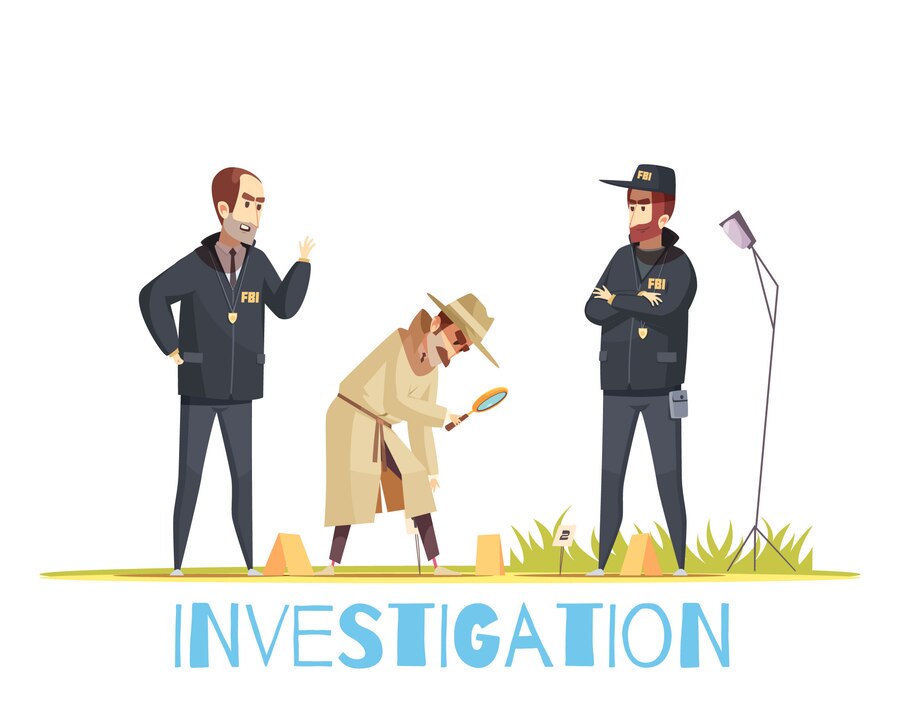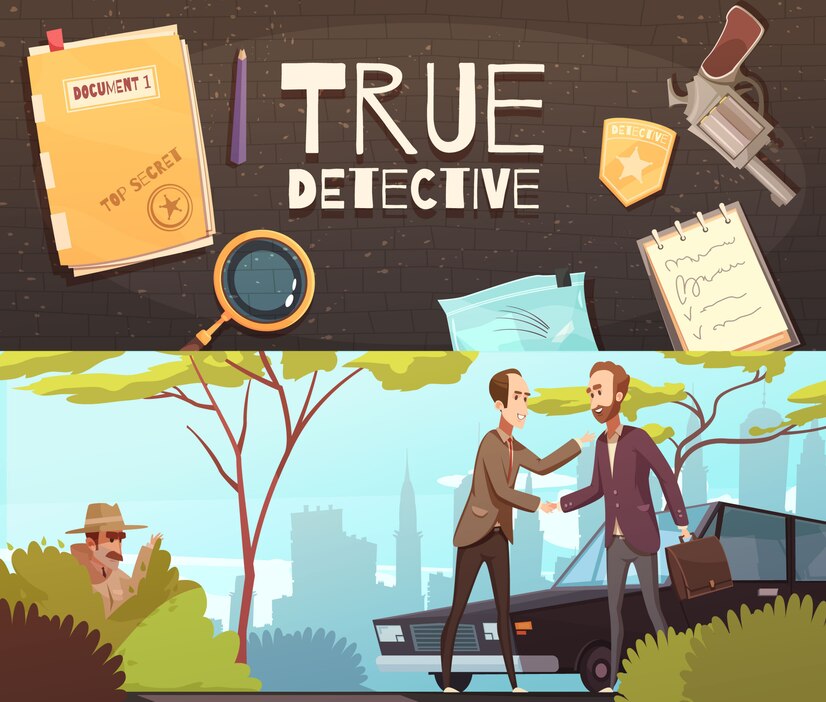In the bustling world of law enforcement, the detective career stands out as a path not only filled with intrigue and purpose but also one that requires a set of specific skills and qualifications. For aspiring detectives, career-changers, and law enforcement students in the UK, understanding what this role entails is crucial. This guide aims to demystify the detective career, outlining the educational paths, entry routes, and skills needed to succeed in this fascinating field.
The Detective’s Role Explained
At the heart of every investigation, detectives play a pivotal role in solving crimes and bringing justice. Unlike their uniformed counterparts, detectives often work in plain clothes and take charge of the investigative process. Their responsibilities include gathering evidence, interviewing witnesses, and piecing together the puzzle to solve cases. Understanding these distinct duties helps aspiring detectives grasp what makes this career unique and challenging.
Detectives differ from uniformed officers in that they are primarily focused on solving crimes rather than maintaining public order. While both roles are crucial to law enforcement, detectives are the ones solving mysteries, usually after the initial response is handled by uniformed officers. The distinction between these roles is significant, as it highlights the specialized nature of detective work, which requires a different set of skills and responsibilities.
Educational Requirements for Aspiring Detectives
A career as a detective starts with meeting certain educational requirements. At a minimum, candidates should have GCSEs (General Certificate of Secondary Education) in critical subjects like English and mathematics. A-Levels in subjects such as law or psychology can further bolster a candidate’s application, providing a strong foundation for the analytical thinking required in detective work.
For those looking to gain a competitive edge, pursuing higher education in fields like criminology or forensic science is highly recommended. Such degrees not only deepen one’s understanding of crime and criminal behavior but also offer insights into forensic methods and investigative techniques. Continuous learning is vital, as ongoing training ensures detectives stay updated with the latest developments in crime-solving strategies and legal practices. All UK Detective Career Requirements that need to be learned.

Entry Routes into a Detective Career
Aspiring detectives have several pathways to enter this intriguing career. Traditionally, many start as police constables, gaining valuable experience before applying for detective roles within their police force. This route allows individuals to build foundational knowledge and skills while understanding the practical aspects of law enforcement.
Alternatively, some police forces offer direct entry schemes for those wishing to become detectives without prior policing experience. These programs often combine intensive training with on-the-job learning, allowing candidates to fast-track their careers. Apprenticeships also provide a structured pathway into the detective profession, offering a blend of academic study and hands-on experience, which is essential for developing well-rounded detectives.
Essential Skills for a Successful Detective
The detective career demands a diverse skill set, essential for navigating complex investigations. Analytical and critical thinking skills are paramount, enabling detectives to assess situations, interpret data, and draw logical conclusions. These skills are crucial when examining evidence and forming hypotheses about how crimes occurred.
Communication and interpersonal skills are equally important. Detectives must interact with a wide array of individuals, from witnesses and victims to colleagues and legal professionals. Effective communication ensures that detectives gather accurate information and build rapport, which is vital for successful investigations.
Problem-solving abilities and attention to detail are other critical attributes for detectives. The ability to notice small but significant details can mean the difference between solving a case and leaving it unresolved. Detectives must be methodical and thorough in their approach to uncovering facts and building strong, evidence-based cases.
Meeting UK Detective Career Requirements
To become a detective in the UK, there are key qualifications and standards candidates must meet. Generally, applicants must be at least 18 years old and possess UK residency. Comprehensive background checks and vetting processes ensure candidates maintain high ethical standards and have the integrity necessary for law enforcement roles.
Training programs are an integral part of preparing for a detective career. Initial training often includes the Initial Crime Investigators’ Development Programme (ICIDP), which equips new detectives with the skills needed for effective crime investigation. Specialized training and certifications are available for those looking to advance in specific areas of interest, such as cybercrime or homicide investigation.
Physical and medical standards also apply, with fitness requirements ensuring candidates are physically capable of performing the demanding tasks associated with police work. Medical examinations assess overall health and ensure candidates are fit for duty, safeguarding their ability to perform effectively in high-pressure situations.
Career Progression and Opportunities in Detectives
Within the detective career, numerous progression opportunities exist. Detectives can advance to senior roles, taking on more complex cases or leading teams of investigators. Specializations, such as working in fraud, cybercrime, or homicide units, offer detectives the chance to focus on specific crime types and develop expertise in niche areas.
Promotions are based on merit and performance, providing motivated detectives with the opportunity to rise through the ranks. With experience and dedication, detectives can aspire to senior positions, influencing strategic decisions and shaping the future of policing.
Challenges and Rewards in a Detective Career
The detective career undoubtedly presents challenges. Detectives often deal with difficult cases, long hours, and high-pressure environments. Balancing multiple tasks and maintaining resilience in the face of adversity are essential skills for enduring the demands of the job.

However, the rewards of a detective career are significant. Solving cases and delivering justice offers immense personal satisfaction and professional fulfillment. The variety and unpredictability of cases keep the work engaging, and the impact detectives have on their communities underscores the importance and value of their role.
Conclusion
Pursuing a detective career in the UK offers both challenges and rewarding opportunities. By understanding the educational pathways, entry routes, and skills required, aspiring detectives can prepare themselves for success. Continuous learning, dedication, and a problem-solving mindset are essential in navigating the complexities of detective work.
For those interested in this exciting path, now is the time to explore the possibilities. With the right preparation and determination, you can make a significant impact in the world of law enforcement, unraveling mysteries and bringing justice to those who need it most.

